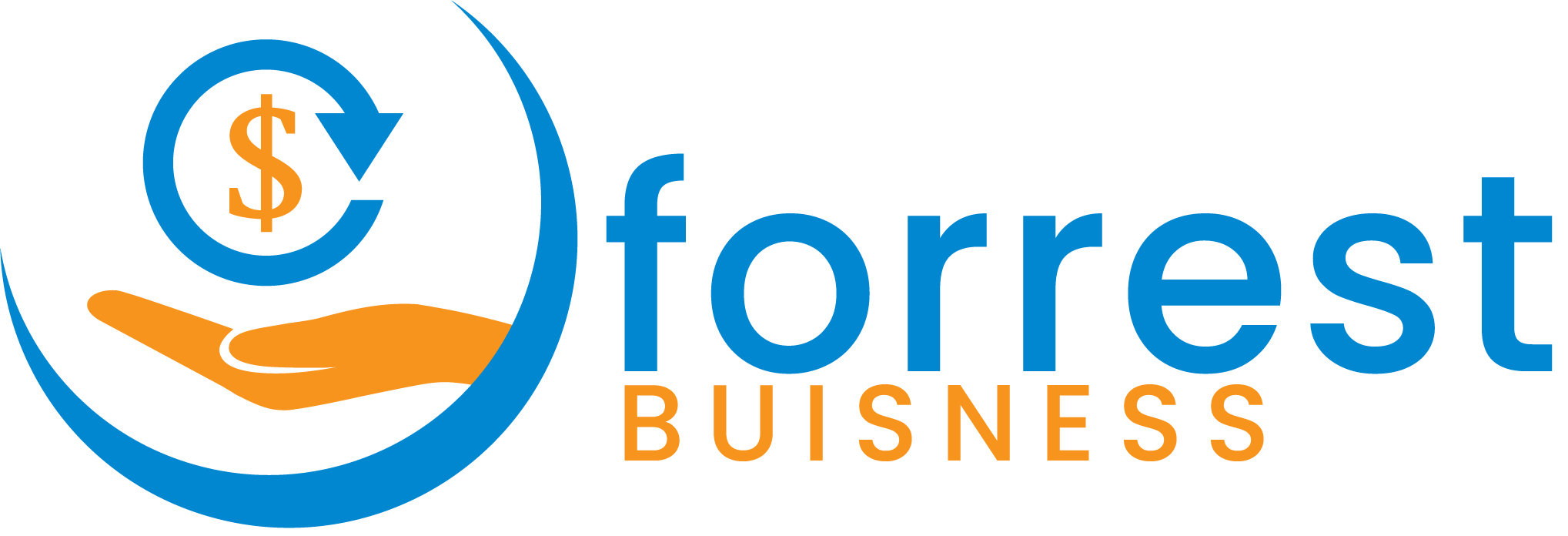This is what traders are in search of when writing the primary examine right into a fledgling startup

Masking 5 Flute’s fundraising and tearing down the deck the corporate used to lift its $1.2 million seed spherical had me questioning: How the hell do traders resolve whether or not to spend money on an organization on the earliest levels?
VC agency Baukunst led the 5 Flute funding, and I sat down with Axel Bichara and Tyler Mincey to find out how they consider a possible early-stage deal. They advised me that the overwhelming majority of the offers they have a look at crumble on the due diligence stage and helped me get a deeper understanding of what that course of seems to be like from the within.
“Widespread knowledge tends to generate mediocrity. That’s not useful. In VC, we’re in search of the outliers.” Axel Bichara, co-founder and normal accomplice, Baukunst
“The choice to take a second assembly is without doubt one of the largest selections in enterprise capital as a result of, from that [moment] onward, you’re committing vital time,” Bichara stated, explaining that, in his expertise, they solely spend money on one out of each 250 offers or in order that they see. Solely about 1 in 40 first conferences end in a second assembly. “The whole lot you do after the primary assembly, I contemplate due diligence. You’re evaluating the founders. On the stage we make investments, most of our due diligence focuses on two issues: The standard of the founding time and the dimensions/attractiveness of the market alternative. When you get these two proper, all the things else will fall into place, virtually by definition.”
With the correct workforce and an enormous market, all the things else might be discovered later, Bichara argued, saying that in case you have an important “founder-market match,” you’re off to the races.
“The suitable founding workforce will do the correct factor [in that case]. They may execute nicely, and there will likely be capital-efficient market alternatives. You enter with a aggressive benefit, discover a area of interest and scale from there. When you don’t get a powerful ‘sure’ from these two, you shouldn’t make investments,” Bichara defined. “All of the due diligence you do is geared towards answering these two questions.”
Within the case of Baukunst, the agency’s funding thesis signifies that for an funding to make sense, the startup must at the very least have the potential of a $1 billion final result or extra — which signifies that the market alternative must be large enough to allow that if the founding workforce executes nicely.
“You simply work backward from there,” Bichara stated, “and all of the due diligence we do will likely be in help of that.”
